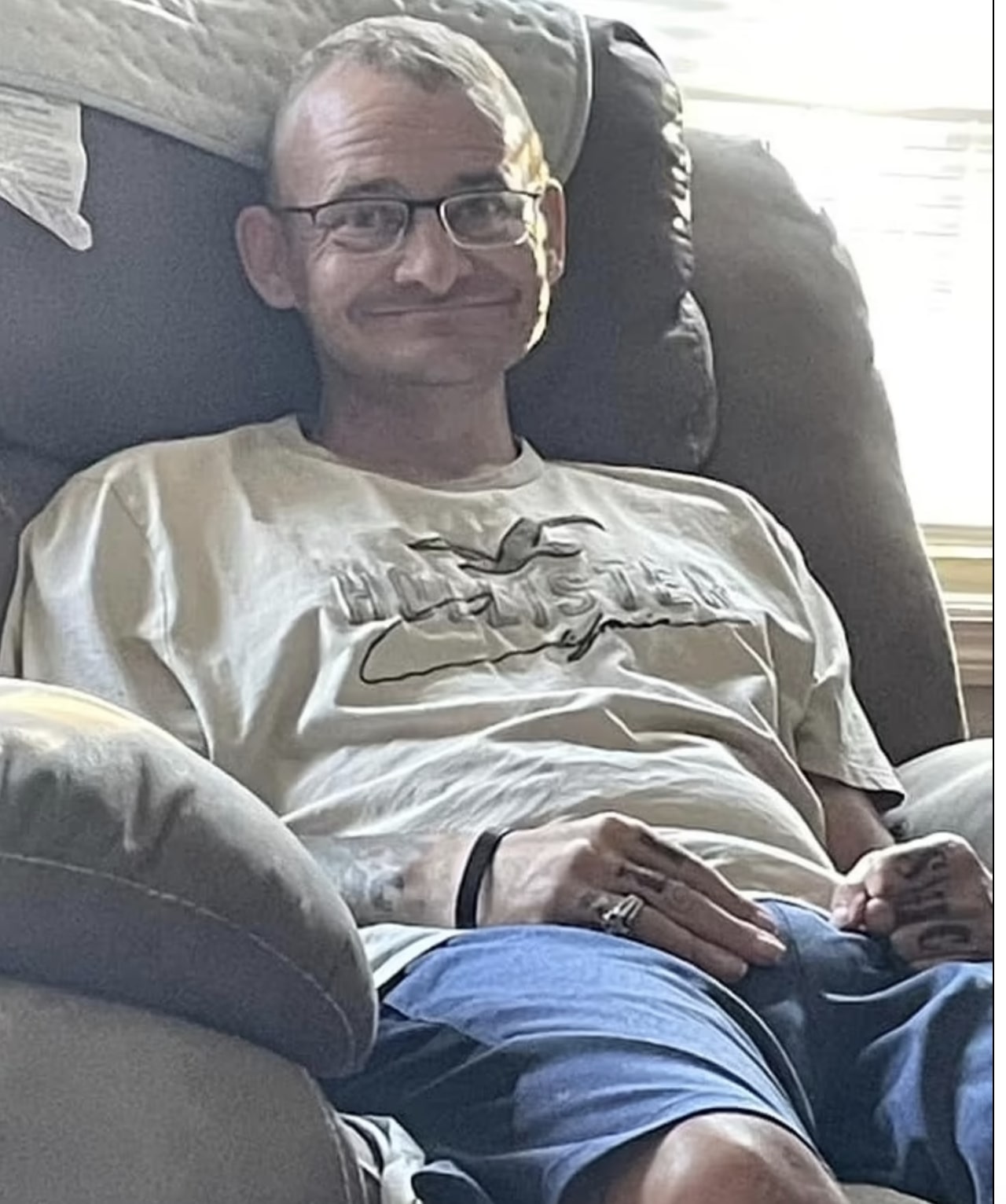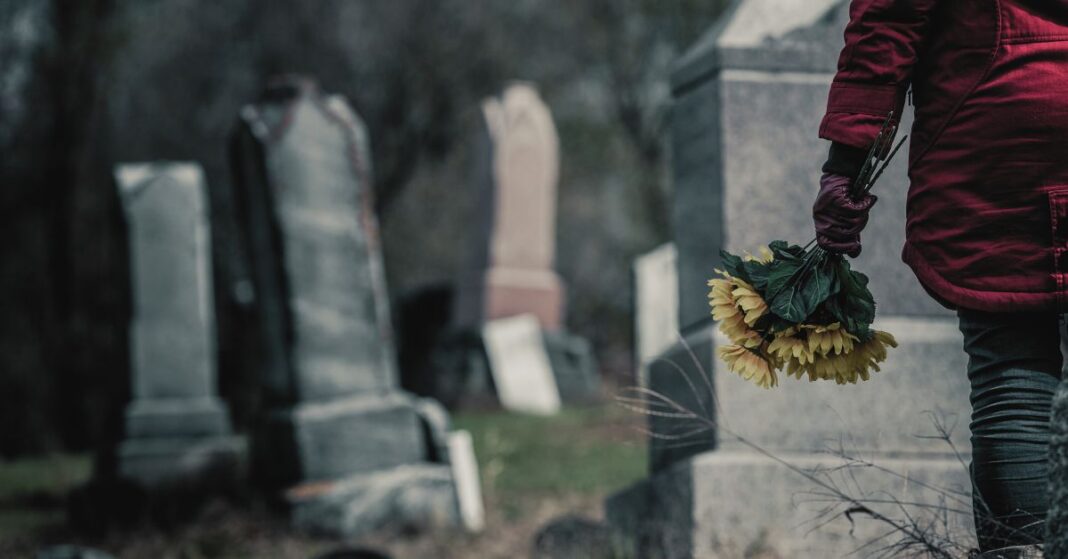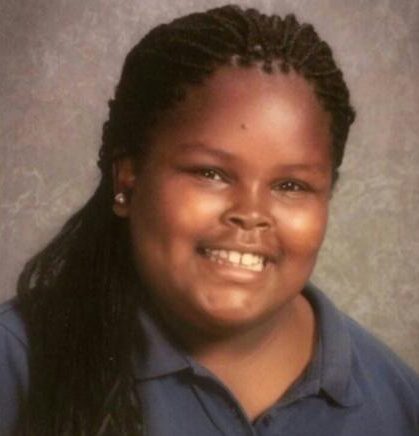I wrote some years ago about the current bonanza of transplants and organ “harvesting”. It’s considered to be a good thing, to be an organ donor. People sign up voluntarily. But what if you are not yet dead when they chop you into pieces? It’s a thought that worries me… a LOT.
There are many instances when people who are pronounced “brain dead” and yet wake up. Cases such as Zack Dunlap from Oklahoma and Trenton McKinley from Alabama. Trenton woke up just one day before his organs were due to harvested.
He’s alive and well to this day. There are HUNDREDS of cases like these two. Do doctors step back and scientifically question the phenomenon they are observing, to figure out what’s to be learned?
No, of course not. To read their official responses to such cases, you might be persuaded that it was just a simple blunder. The case should not have been pronounced brain dead (they say).
“In virtually all those cases, brain-death determination was not done correctly,” says Robert M. Sade, MD, professor of surgery and director of the Institute of Human Values in Health Care at the Medical University of South Carolina in Charleston.
Unfortunately, his B*S* is a complete fabrication. It’s more “thought science” than fact, meaning “It must have been that way, so it was…” A number of patients have met all the criteria for brain death and yet still woken up.
The propaganda is reinforced by pronouncements like the American Academy of Neurology (AAN) committee of experts, after searching the literature, and finding no legitimate “reports of patients recovering brain function when the criteria for brain-death determination was used appropriately.”
Can you spot what’s wrong with that pronouncement? It’s easy! They didn’t search facts, cases, or life, they just searched “the literature”. So unless somebody publishes the truth in a medical journal, they can go on saying there are “no legitimate cases”!
Differing Diagnoses of Brain Death
The case I cited in my original article was Jahi McMath, who was 13 when complications from a tonsillectomy led to cardiac arrest and an anoxic brain injury. A pediatric neurologist, a pediatric intensivist, and a pediatric neurologist from another institution declared her brain dead, a diagnosis her family did not accept.
Subsequently, two neurologists stated that McMath was not brain dead, based on their interpretation of an EEG, an MRI, and an MRA done a year later and observation of video clips from 2014 to 2016 that appeared to show McMath following commands and communicating with finger movements.²
So much for “expert” opinion. Listen to this baloney:
“We have high confidence that McMath’s initial diagnosis of brain death was correct,” says Thaddeus Mason Pope, JD, PhD, director of the Health Law Institute and professor of law, Mitchell Hamline School of Law in St Paul, Minnesota. “It’s never happened in human history that someone correctly diagnosed as brain dead is no longer dead.” Oh yeah?
The funny part of all this—that is NOT funny at all—is how the doctors justify their baloney and claim all is p-e-r-f-e-c-t. The system has no weaknesses. Stories are dismissed as unimportant exceptions to their agreed-upon truths.
But that’s really nonsense. HOW CAN THEY KNOW HOW MANY PATIENTS COULD POTENTIALLY REVIVE, if they are immediately taken off life support to harvest their organs? There is no way this phoney logic adds up.
Cutting The Heart Out Of a Patient Who Is Not Dead
You might think my anxieties are a bit exaggerated. Could that really happen?
It not only could but when big bucks are involved, you are going to get unscrupulous people who want the patient dead, even if they are not yet dead.
This is the story that got me revisiting this theme:
Thomas J. Hoover II, only 36, was declared brain dead at Baptist Health Richmond Hospital in Kentucky in October 2021. Surgeons wanted to remove his organs.
 Thomas J. Hoover II, who woke up moments before they cut his heart out!
Thomas J. Hoover II, who woke up moments before they cut his heart out!
But Hoover wasn’t dead, he was just sedated, reported one witness. As doctors went to test his heart health for transplantation, the patient reportedly became reanimated and started thrashing around on the table and crying visibly.
That didn’t deter them from wanting his heart and other organs. There was BIG money involved. The patient’s sister and other family members were simply told that it was “just a common reflex”; which is an outright lie.
Nurses and other hospital employees were shocked and VERY upset when the supervisor of KODA (Kentucky Organ Donor Affiliates) told them they were ‘going to do this case’ anyway and the hospital needed to ‘find another doctor.’
Get another doctor to certify a patient who is sitting up and moving around as “dead”? Oh yeah. That’s medical ethics in this field. That’s why I am really worried.
Ultimately, the organ retrieval was canceled, but several employees quit in the aftermath.
Julie Bergen, the president and chief operating officer for Network for Hope – which was formed by a merger between KODA and LifeCenter Organ Donation Network – has denied the incident ever took place.
‘No one at KODA has ever been pressured to collect organs from any living patient,’ she told NPR. ‘KODA does not recover organs from living patients. KODA has never pressured its team members to do so.’
She’s lying, of course. This incident actually happened and is documented. I sincerely hope it’s in the patient notes.
Naturally the PR operation kicked in as quickly as possible after this horror. Not to apologize for the huge scare given to Thomas Hoover II and his family. To protect their profits. They attempted to berate and shame those courageous women who made the story known, blaming them for “ …malicious misinformation and defamatory attacks based on hearsay, creating a false narrative that donation and transplantation in the US is untrustworthy and broken.”
It IS untrustworthy and broken. I wrote that several years ago and am horrified by the extent to which my predictions of greed-over-life have come true.
Vested Interest
The thing that worries me (read TERRIFIES) is not just the question of medical incompetence. Or not knowing what are the true boundaries are between life and death.
It’s the fact that patients are pronounced dead and then “harvested” for their organs. There’s BIG money in pronouncing someone brain dead at the earliest possible moment. And there are advocates of swift “harvesting” so the question of whether the patient is dead or not can be set aside. They will be, the moment the heart is cut from the chest, EVEN IF THEY ARE FULLY CONSCIOUS WHEN THIS HAPPENS.
The aforementioned Robert M. Sade, MD, who previously ran South Carolina’s organ procurement program, advocates for potential organ donors who are nearly dead to have their organs harvested, which would make formal brain death determination unnecessary.
In other words: “Kill ‘em. They are likely to die anyway. Once you’ve pulled the plug, we don’t have to justify anything to anybody.”
“Once a potential organ donor’s death is imminent, I would like for us to be able to remove his organs even though he is still breathing, and his heart is beating,” Sade says.
My God, I hope Sade never runs for president (just a coincidence he shares the name of the infamous Marquis de Sade, who gave us the word sadism?) Nobody would be safe. You could “medical murder”, just tear someone piece and say their death was “imminent”.
The Honest View
Ever since “irreversible loss of all clinical brain function” was proposed 50 years ago (by a committee at Harvard University), there has been heated argument about the issue. “The debated issues were that brain death isn’t the same thing as death, that it is a contrived concept for the purposes of organ donation, that is outdated and antiquated…” says Professor emeritus James L. Bernat, MD. “But until recently, those claims haven’t generated much traction.”
So-called brain death fulfills the medical and legal criteria of death in the United States and in about 100 other countries today. Every state in the United States has adopted the Uniform Determination of Death Act (UDDA), which defines death as the “irreversible cessation of circulatory and respiratory functions” or the “irreversible cessation of all functions of the entire brain, including the brain stem.”
Again, we are back to the point “irreversible”. How could they possibly know, when it keeps happening that a patient wakes up? How dead is dead?
Even Sade concedes this much: “The Uniform Determination of Death Act is a legal fiction because it requires irreversible loss of function,” Sade says. “There are some patients who meet all the clinical criteria for brain death, and yet they still have cells in their brain that are neurologically active. They can survive for relatively long periods of time, although these cases are very infrequent…”
Ultimately, however, “brain-death determination requires an arbitrary decision on when someone is dead enough,” the aforementioned Thaddeus Pope says. “There will never be zero activity in the brain (at brain death). At some point, you have to make a value judgment of what is meaningful brain activity. There is no objective truth on where to draw that line.”
Pray this doesn’t happen to you or your family. Dying isn’t that big a deal—it happens all the time. But to be harvested for profit while still alive by greedy and dishonest doctors is an obscenity we can all do without.
To Your Good Health,Prof. Keith Scott-Mumby
The Official Alternative Doctor
Main Source:
- https://www.dailymail.co.uk/news/article-13972955/Organ-donor-Thomas-TJ-Hoover-life-surgeons-harvest-body-parts.html
- Perspect Biol Med. 2021;64(4):457-478. doi: 10.1353/pbm.2021.0036





